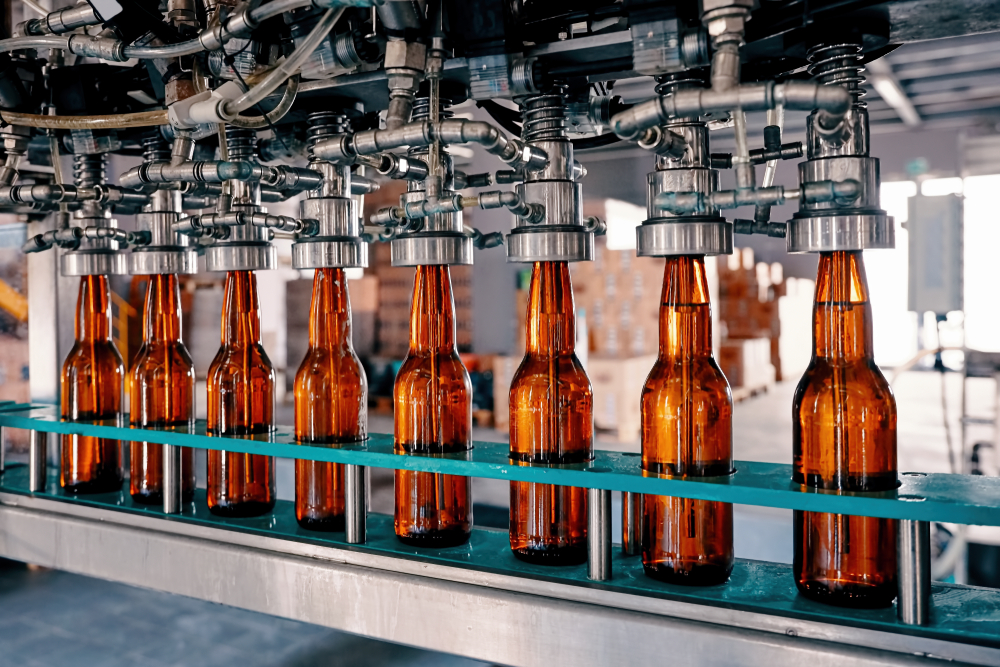
A Roadmap for Better Recycling and Reuse
What’s the best way to maximize recycling and transition to wide-scale reuse? Bottle bill programs, of course. And what’s the first thing you think about when you hear bottle bill? A refundable deposit, right?
In bottle bill programs, customers pay a small, refundable deposit when they purchase a beverage in a bottle or can. They get that deposit back when they return the empty container to be recycled. Those deposits create an incentive that boosts recycling rates and prevents litter.
But there’s a lot more to bottle bills than just refundable deposits. The best and highest performing bottle bill programs incorporate elements – many of them behind the scenes – that create convenient, accessible, and equitable redemption programs. These elements include handling fees, redemption targets, convenience requirements, and state oversight. And the deposits? Those are tracked and accounted for so that any leftover, unclaimed deposits can be reinvested in recycling and reuse programs.
The fact is, strong bottle bills improve recycling, incorporate refillable bottles, protect the environment, create green jobs, and support local businesses. What more could you ask for? Check out this infographic for how all these moving parts work together to create a modern bottle bill that works for everyone:

The Details Matter
When it comes to bottle bills, the whole is greater than the sum of its parts. Yes, it all starts with the refundable deposit. Because of that deposit incentive, states with bottle bills have less litter and collect more bottles and cans for recycling than states without bottle bills. But it’s not just about better collection rates – it’s about how the containers are collected. And that’s where handling fees come in.
Handling fees fund an independent recycling network. They allow retailers and redemption centers to:
- Create space for storing containers
- Purchase sorting equipment (like reverse vending machines)
- Pay staff that help collect bottles and cans – creating local jobs in the process

The best bottle bills require most (or all) retailers to accept empty containers for redemption. These redemption requirements – plus handling fees that help spur a robust redemption center network – keep bottle bill programs convenient and equitable for consumers.
Convenient recycling networks keep plastic bottles, glass bottles, and aluminum cans all separate from one another – and from other trash and recyclables. This keeps all those bottles and cans free of contaminants and toxics in our trash and single-stream recycling, meaning they’re more likely to be recycled into new bottles and cans. Even better: This kind of redemption network is perfect for refillable bottles, saving energy and resources!
The best bottle bills also require distributors to turn over any unclaimed deposits to state regulators. Those leftover deposits are kept in a fund designated for recycling and reuse. That money can help pay for state oversight of the program. It can also be made available to retailers, redemption centers, and recycling companies to help them purchase equipment and hire staff.
We may think bottle bills are all about refundable deposits, but if all these other pieces are designed in the right way, a bottle bill can create a recycling and reuse program that works for everyone.
Recycling and Reuse Done Right
All the details and moving pieces that play a part in modern bottle bills help create strong, successful, and convenient recycling and reuse programs. Unfortunately, they also provide opportunities for bottle bill opponents to push lawmakers into creating bottle bills that work for the beverage industry – and no one else.
Big beverage companies, which have worked for decades to derail bottle bill programs, now say they support these bills – but only if the beverage industry gets complete control of the system. And if they have their way, the industry will do away with handling fees, limit redemption options, and retain all unclaimed deposits for itself.
Modern, high-performing bottle bills protect the environment, make life convenient for customers, and work for local businesses. But when the beverage industry gets its way on handling fees, unclaimed deposits, and redemption requirements, things start to fall apart.
Just Zero is working to implement the right kind of bottle bills across the country. Join us and stay connected as we advocate for better recycling and reuse.